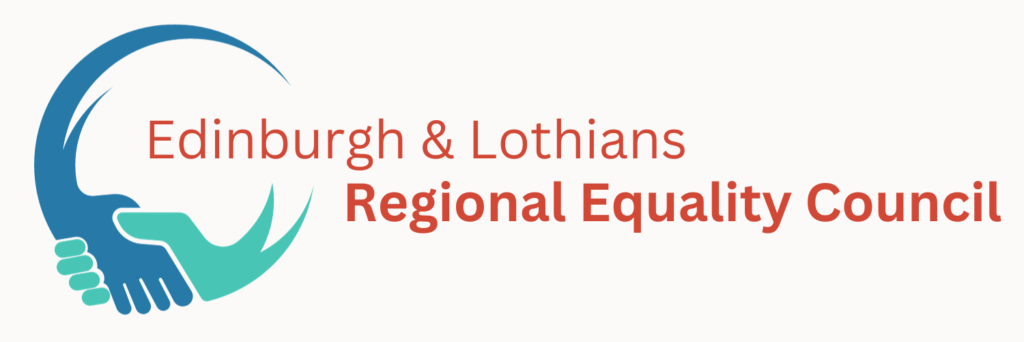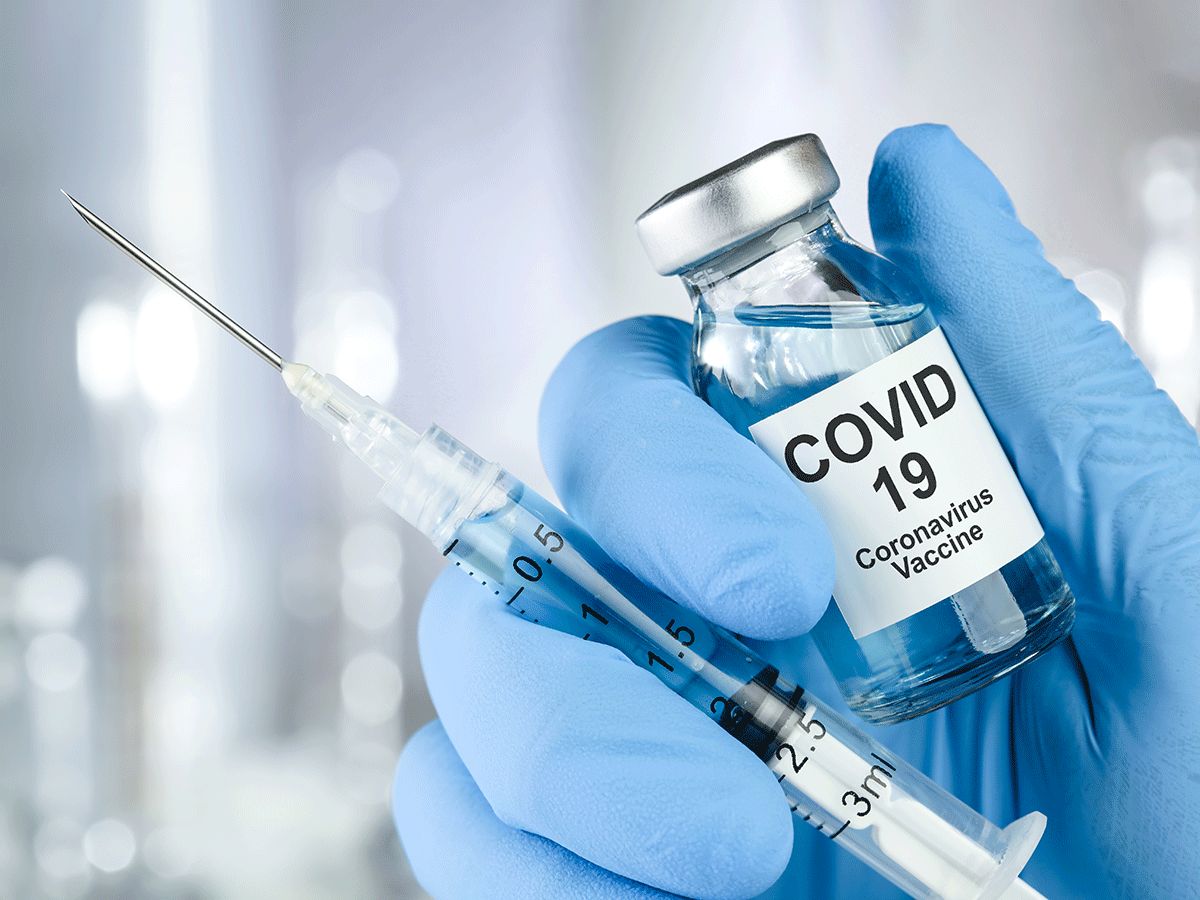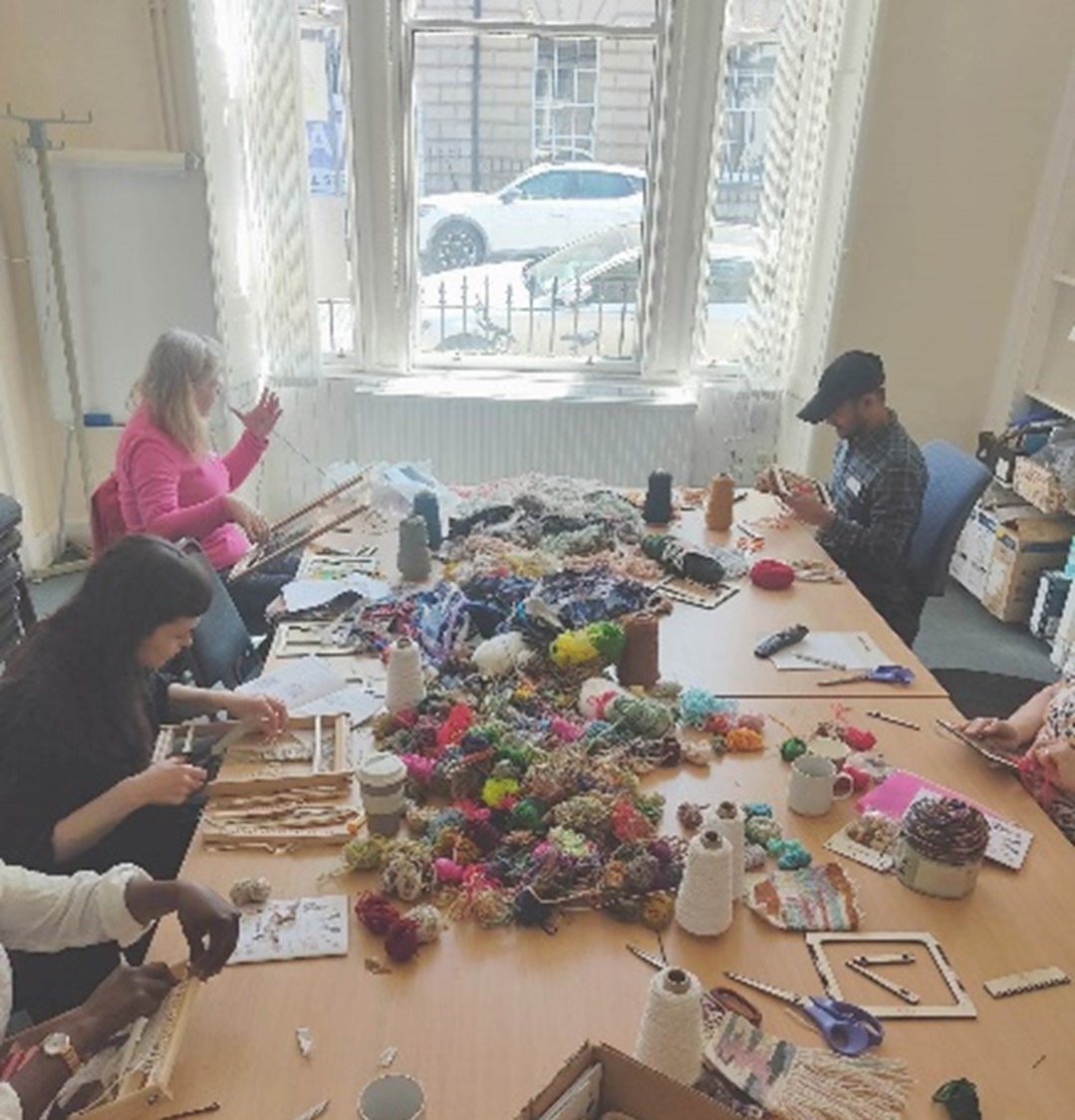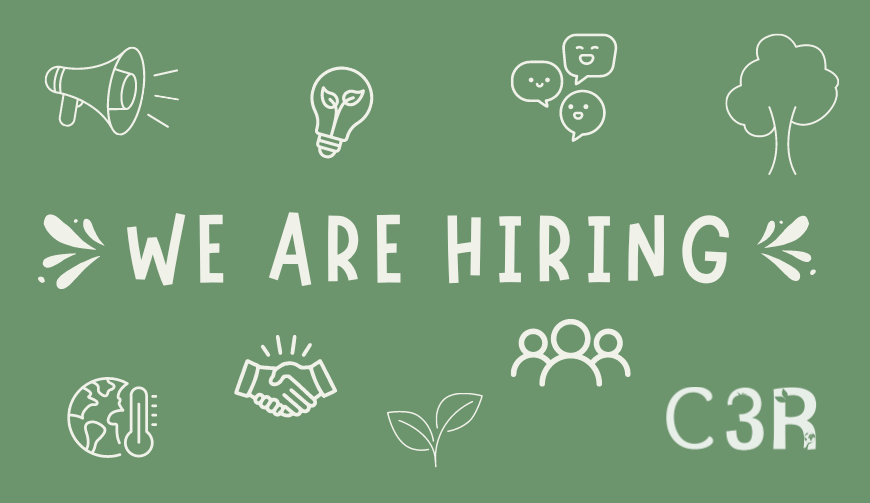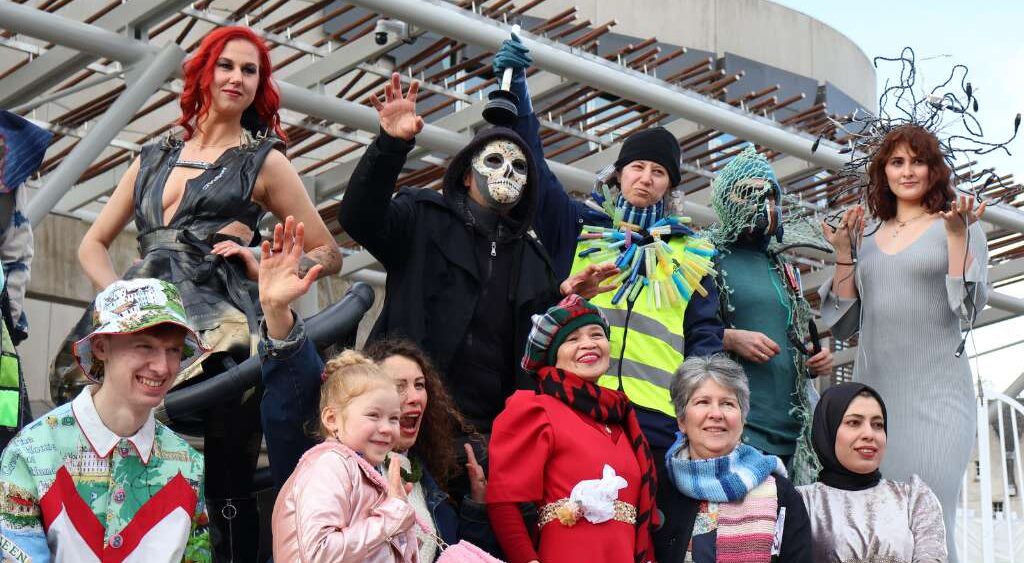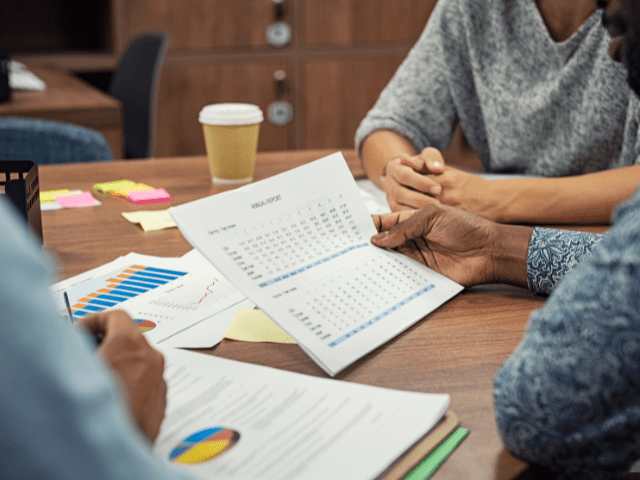- Covid vaccine
Anyone who gets COVID-19 can become seriously ill or have long-term effects (long COVID).
The COVID-19 vaccines are the best way to protect yourself and others.
Research has shown the vaccines help: Reduce the risk of getting seriously ill or dying from COVID-19, reduce the risk of catching or spreading COVID-19 and protect against COVID-19 variants.
The 1st dose should give you some protection from 3 or 4 weeks after you’ve had it. But you need 2 doses for stronger and longer-lasting protection. There is a chance you might still get or spread COVID-19 even if you have a vaccine, so it’s important to continue to follow all social distancing guidance.
- Types of covid vaccine
The COVID-19 vaccines currently approved for use in the UK are:
Moderna vaccine
Oxford/AstraZeneca vaccine
Pfizer/BioNTech vaccine
Janssen vaccine
- Which vaccine will I get?
You cannot usually choose which vaccine you have. When you book, you’ll only be offered appointments for vaccines that are suitable for you. Most people can have any of the COVID-19 vaccines, but some people are only offered certain vaccines. For example, if you’re pregnant or under 40 you’ll usually only be offered appointments for the Pfizer/BioNTech or Moderna vaccines. You should have the same vaccine for both doses, unless you had serious side effects (such as a serious allergic reaction) after your 1st dose.
- Side effects and safety
It’s normal to experience side effects after the vaccine. It shows the vaccine is teaching your body’s immune system how to protect itself from the disease, however not everyone gets them.
Any side effects are usually mild and should not last longer than a week, such as: a sore arm from the injection, feeling tired, a headache, feeling achy, feeling or being sick and fever.
More serious side effects, such as allergic reactions or blood clotting, are very rare.
- Reports of very rare blood clots
The MHRA is carrying out a detailed review of reports of a very rare blood clotting problem affecting a small number of people who have had the Oxford/AstraZeneca vaccine.
The problem can also happen in people who have not been vaccinated and it’s not yet clear why it affects some people.
On 7 May 2021, the Joint Committee on Vaccination and Immunisation said to date and overall, just over 10 people develop this condition for every million doses of the AstraZeneca vaccine given.
The coronavirus vaccine can help stop you from getting seriously ill or dying from coronavirus. For people aged 40 or over and those with underlying health conditions, the benefits of being vaccinated outweigh any risk of clotting problems.
For people under 40 without underlying health conditions, it’s currently advised that it’s preferable to have another coronavirus vaccine instead of the Oxford/AstraZeneca vaccine.
nhsinform.scot/covid-19-vaccine/the-vaccines/side-effects-of-the-coronavirus-vaccines
- COVID-19 Vaccine and Pregnancy and Breastfeeding
The risk to pregnant women and new-born babies following coronavirus infection is generally low. However, pregnant women are more likely to have severe coronavirus (COVID-19) infection if they:
have underlying health conditions (for example diabetes, high blood pressure or asthma)
are overweight
are of Black and Asian Minority Ethnic background
are aged 35 years or over
As with most medicines and vaccines, large clinical trials of the coronavirus vaccines in pregnancy have not been carried out. However, the available data do not indicate any harm to pregnancy.
The coronavirus vaccines available in the UK have been shown to be effective and safe. You and your unborn baby cannot catch coronavirus from the vaccines.
The Joint Committee on Vaccination and Immunisation (JCVI) has advised that all pregnant women should be offered the coronavirus vaccine at the same time as people of the same age or risk group.
- COVID-19 Vaccine and the Muslim Community
The British Islamic Medical Association recommends the Pfizer/BioNTech, Oxford/AstraZeneca and Moderna vaccines for Muslim communities. They also advise that taking the COVID-19 vaccine does not invalidate fasting.
Experts of Islamic faith in infectious diseases, virology, pharmaceuticals, clinicians, commissioners, public health officials and bioethicists looked at the vaccine, and have passed their findings to Islamic scholars of a variety of denominations.
The British Islamic Medical Association (BIMA) said people in the Muslim community are some of the most at-risk people to dying or becoming seriously ill with Covid-19 in the country, and are also some of the most vaccine-hesitant, which is why it is crucial that there is a clear and unified message across the Muslim community that the vaccine is safe.
- Protecting all of us, takes all of us.
Remember, after you get the vaccine, it is still important to follow the FACTS:
Face coverings;
Avoid crowds;
Clean hands;
Two metres distance;
Self isolate.
Project funded by EVOC and Edinburgh & Lothians Health Foundation.

